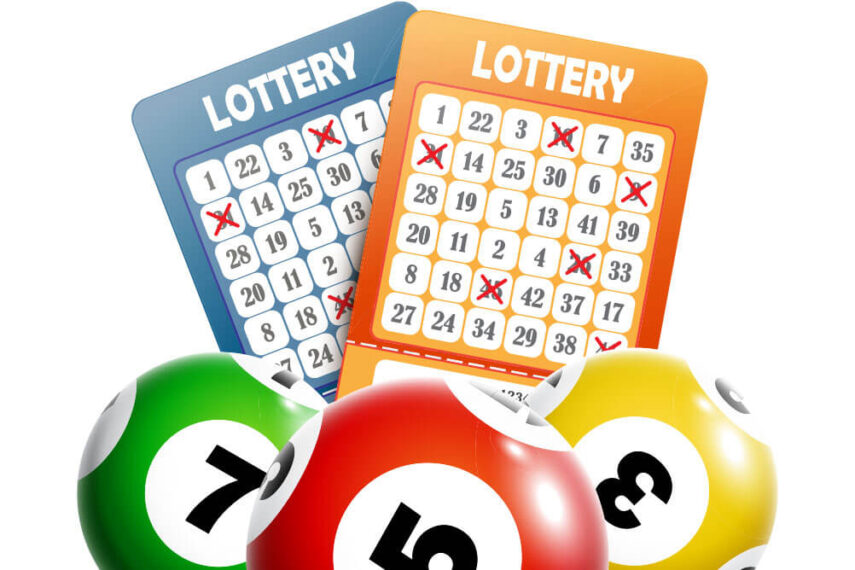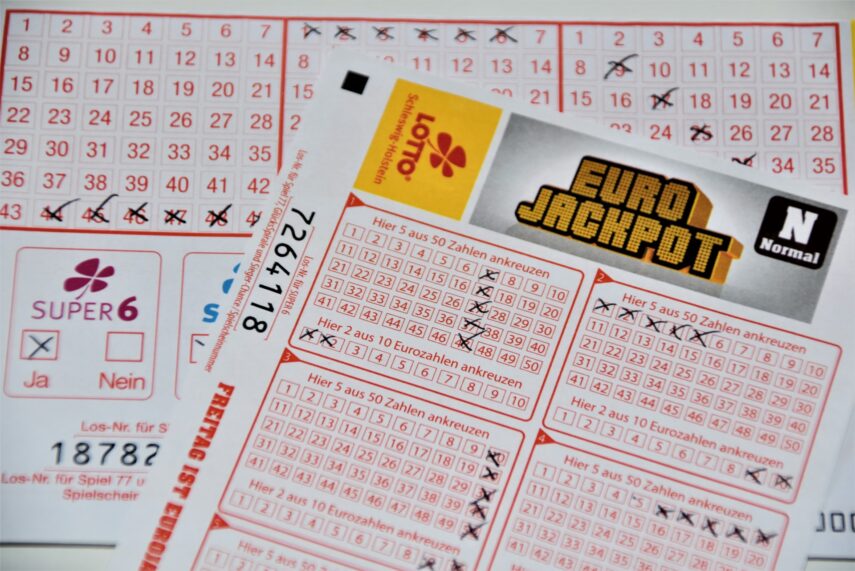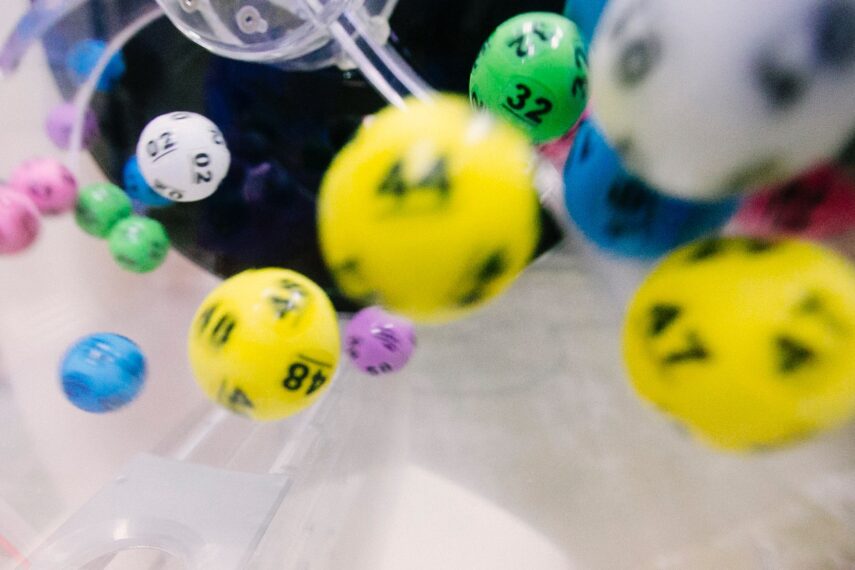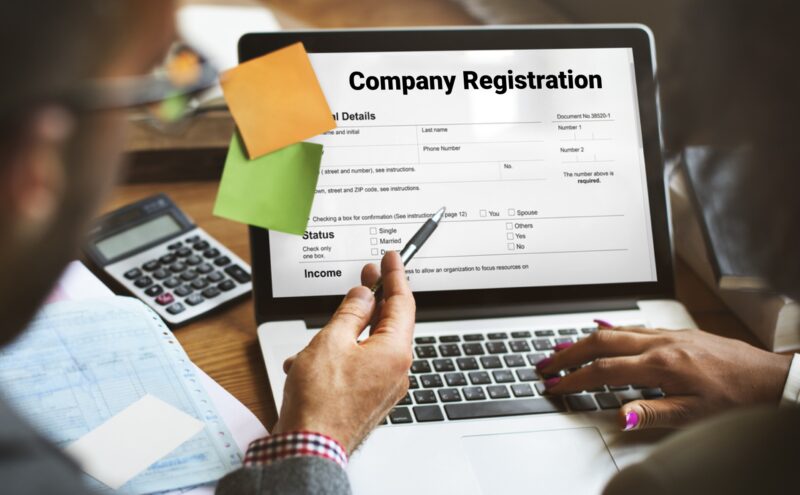Legal and licensed offers for online gambling can give you a real advantage. For example, with Vulkan-Bet offers, you can get countless opportunities to have more fun and win. However, some offers may look very good at first glance but are not real: you need to be wary of such scams. Lottery scams are quite common these days, and they are especially targeting third-world citizens. However, there are many people who are victims of this fraud in European countries too. In this article, we will explain what lottery scams are and talk about how you can spot them.
What Is a Lottery Scam?

Any offer claimed to have been issued in a foreign country with a huge prize and the opportunity to buy tickets online should be considered a lottery scam. In this fraud method, the victim is encouraged to buy a “ticket” with social engineering techniques. That’s mostly what the scam is: You buy a ticket for a fake lottery that will never be issued. However, if you have given your payment information to the attackers too (for example, if you bought the ticket with your credit card), you may suffer serious financial damage.
Signs of a Lottery Scam

In this fraud method, a message is sent to the victim via email or SMS. On rare occasions, physical mail can also be sent. The content of these messages is always the same: they mention that you can participate in a lottery in another country, and the prize is huge. It is also mentioned that you can buy a ticket immediately to participate but to purchase the ticket you must make an international bank transfer or call an international phone number. (This number is subject to premium rate.) No matter how you received the message, you should be suspicious if it refers to a lottery that is not regulated in your home country: No official lottery sends a message inviting citizens of other countries to participate. In fact, only citizens of the country where the lottery is held can participate in most of them.
In addition to a bank transfer or phone number, you may be asked to pay with an electronic wallet such as PayPal. If the recipient is a real person and not a company, you are definitely dealing with a scam. No official lottery will open an account or request payment with an individual’s information. However, even if the recipient is a company, you should be suspicious because there are very few lotteries that accept payments with e-wallets. In such a case, you should definitely check whether the receiving company has any ties to that lottery. However, it is best not to trust any lottery that requests payment via this method.
In some cases, payment is not immediately requested: instead, you are asked to visit a website. For your “convenience”, the link you can click is also embedded in the message. If you click on this link, you may think that you are visiting an actual lottery site, but you are actually visiting a fake site: The attackers have copied the official site and their goal is to obtain your payment information. As a general rule, do not click on any link sent to you. You can reach the site you want to visit via Google. Fake sites are hard to recognize, but they almost always don’t have SSL certificates and the site address is a bit odd. (For example, lotttery.com instead of lottery.com.) If you want to visit a lottery site, do it yourself, not by clicking on a link sent to you.
In most cases, the message will have some spelling errors. Likewise, it will focus heavily on the amount of reward, how your life will change, etc., and even claim that all your financial problems will be over. These are social engineering techniques, and no licensed lottery promotes in this manner.
Check Before You Join

If you’re convinced after doing the checks above, don’t click the “join” button right away: Some scams are really meticulously designed and can fool even the most careful person. We also recommend that you do the following checks:
See if the lottery is licensed. Anyone can claim to hold a lottery in any country and make it look like a legit business. In such a case, most of the indicators we mentioned above will not be present and you may think that you are participating in a real lottery. However, no matter which country it is, a lottery must be licensed by an official agency to be valid and legal. If there is no such license, there is no legal lottery.
Even if there is a license, you need to reach the agency that issued that license and ask whether participation from abroad is accepted. If only citizens of certain countries are allowed to participate (for example, you must live in an EU country to participate in EU lotteries) you may be wasting money.
If the lottery is being promoted on social media, visit all social media accounts: official lottery accounts are always verified. If there is an unverified account, something is wrong. Likewise, if the lottery is organized for a charity, you can reach out to that charity and ask if they are aware of it.
Look again who’s texting you: official and licensed lotteries don’t send messages from personal email accounts or personal phone numbers. They have their own private phone numbers and corporate email addresses.
Related Posts:
- Finding the Sweet Spot: How Much Should You Really Vape?
- Everything You Need to Know about Online Lottery -…
- Avoid Common Mattress Industry Scams - Tips to Get…
- How to Avoid Scams and Sketchy Bitcoin Faucets While…
- Guard Against Fraud: How To Avoid Locksmith Scams
- How to Recognize Phishing Scams on Social Media







